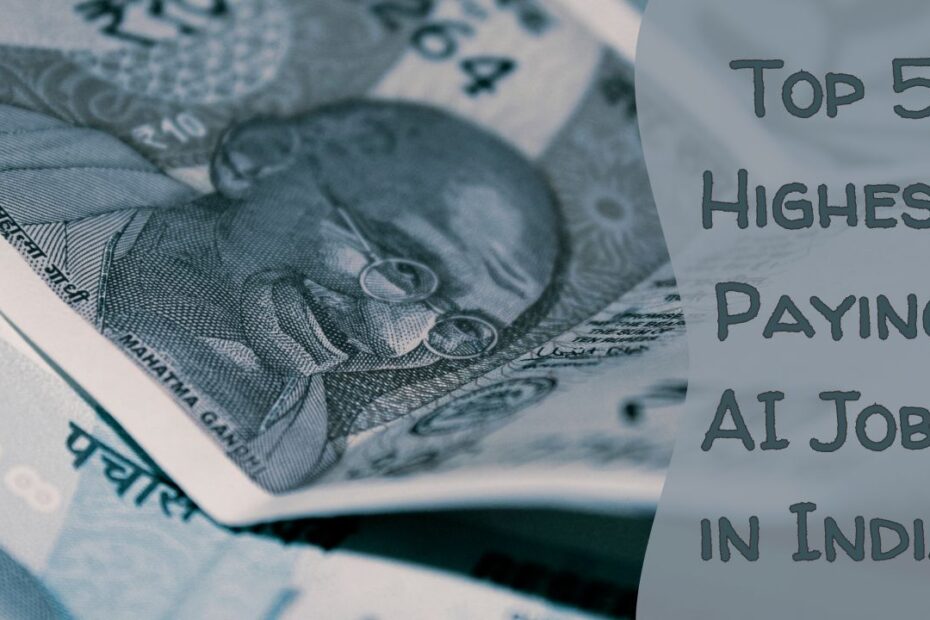Top 5 Highest Paying AI Jobs in India: A Prospective Career Guide
Artificial Intelligence (AI) is revolutionizing industries and creating a wealth of opportunities for professionals in India. This article showcases the top 5 highest paying AI jobs in India, along with the required skills, job descriptions,… Top 5 Highest Paying AI Jobs in India: A Prospective Career Guide









